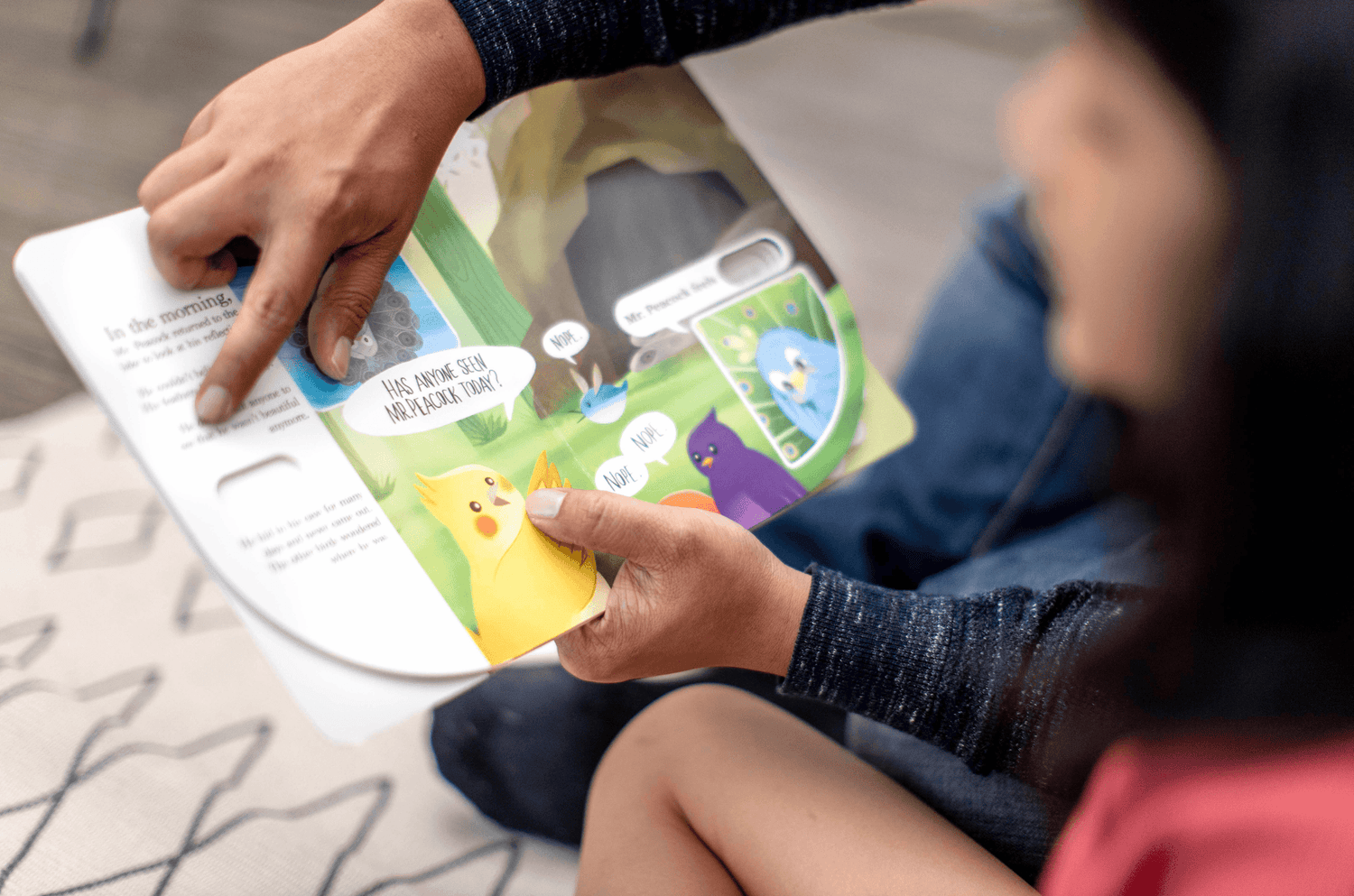Right around this age is when behaviors like hitting, biting and kicking peak. As a parent, it’s hard to draw the line between allowing these behaviors to occur and correcting them. But before you learn to correct them, you need to know why it happens.
Why do children hit, bite, and kick?
Understanding different perspectives
Your child is still largely egocentric, which means that they have a hard time empathizing with others. When they hit or kick, they don’t intend to hurt anyone even if that is a result of their actions. They are likely unaware that the other person might be hurt.
Lack of self-control
At this age, a part of your child’s brain called the ‘prefrontal cortex’ is still developing. This area is largely responsible for impulse control, reasoning, higher order thinking, and so on. Your child likely lacks the self-control they need to stop hitting, biting, and kicking.
Experimenting
When your child hits someone, it usually causes a big reaction - perhaps the other child starts crying or you react by grabbing their arm and speaking loudly. They are likely experimenting to see how people will react.
Temperament and personality
Some children are naturally more impulsive than others. Child A may be completely fine if someone snatches their toy, while child B may impulsively hit or scream. Temperament and personality are largely innate but as they grow up, they will learn to use coping strategies.

How can you deal with these behaviors positively?
Remember, when your child hits, kicks, or bites, they are looking for a response from you or someone else. How you respond matters since it can sometimes act as reinforcement for the behavior.
Don’t cause fear
If you react by shouting or aggressively grabbing them, you are essentially modelling the exact behavior that you don’t want them to do. Additionally, your child may be surprised by your reaction and may want to experiment by doing the actions again.
Instead, try your best to stay calm while remaining loving and firm when you tell them that ‘you cannot hit others.’
Remove them from the situation
If your child is lashing out and throwing a tantrum, you may need to physically move them away. If you are the one getting hit, get behind them and wrap them in your arms. Calmly say “you cannot hit people, but I’m here and I love you.” Your physical presence and reassurance can be calming.
Check in with the person being hit
Bring your child’s attention to the person they hurt and say “look, your friend is hurt and upset because you hit her. Can we make her feel better?” This can help your child realize that their actions affect other people.
Just remember that in these difficult moments, you need to remain calm, supportive, and firm to deal with them positively. If you have a younger child, you may need to try other simpler strategies to deal with behavior. As your child gets older, you can employ other positive parenting strategies.



